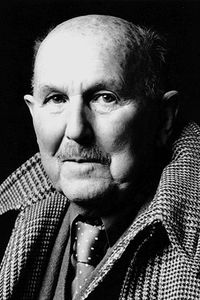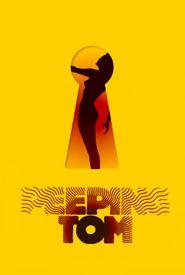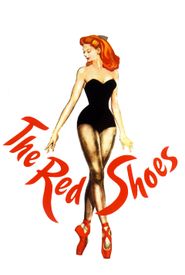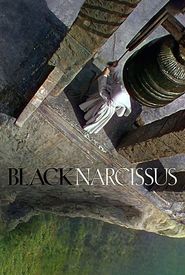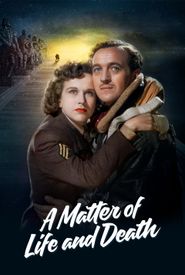Michael Powell, the son of Thomas William Powell and Mabel Corbett, was a self-proclaimed movie addict from a young age. He spent his childhood partly in Canterbury, affectionately known as "The Garden of England," and partly in the south of France, where his parents operated a hotel.
Powell's education took place at Kings School, Canterbury, and Dulwich College, after which he worked at the National Provincial Bank from 1922 to 1925. In 1925, he joined the renowned director Rex Ingram, working on the film Mare Nostrum in 1926. Powell honed his craft by taking on various roles in the thriving English studios of Denham and Pinewood, gradually working his way up to become a director on a series of "quota quickies," short films created to fulfill quota and tariff agreements between Britain and America during the interwar period.
Despite being a classic English gentleman, Powell possessed a rare "world view," allowing him to form a lasting partnership with Hungarian émigré and Jew, Emeric Pressburger. Together, they founded the production company "The Archers," sharing joint credits for a series of influential films throughout the 1940s and 1950s.
Powell's career continued with the controversial film Peeping Tom in 1960, which was met with widespread criticism and official condemnation, leading him to work abroad for an extended period. He experienced a resurgence in popularity in the late 1960s, with Francis Ford Coppola and Martin Scorsese attempting to collaborate with him on joint projects.
In 1980, Powell delivered a lecture at Dartmouth College in New Hampshire, and in 1981, he served as Senior Director in Residence at Coppola's Zoetrope Studios. Powell married Thelma Schoonmaker, Scorsese's longtime editor, during this time.
Tragically, Powell passed away from cancer in his beloved England in 1990, leaving behind a legacy as a pioneering filmmaker and a true citizen of the world.
